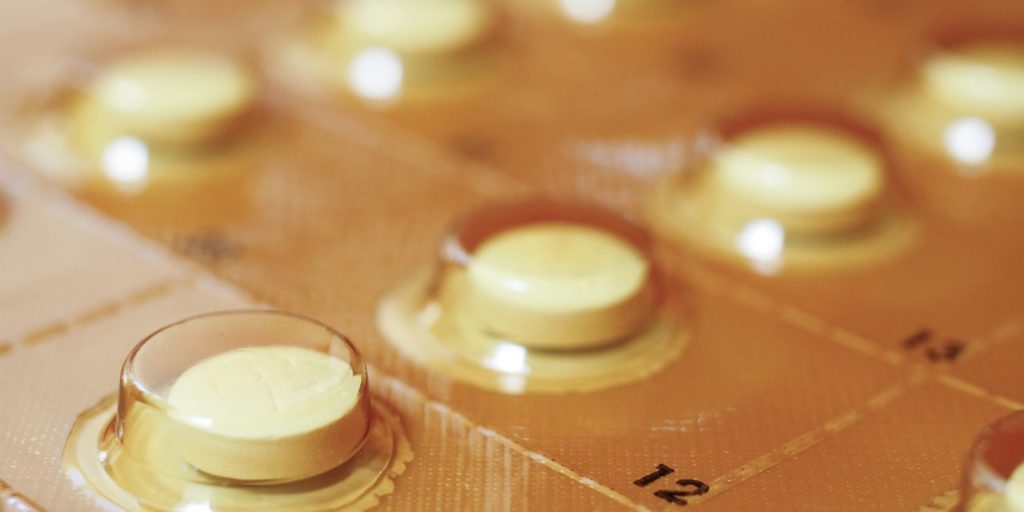Text size
Sage is in a partnership with Biogen on zuranalone.
Dreamstime
Sage Therapeutics said early Tuesday that its drug zuranalone reduced depression symptoms in a Phase 3 trial, but the results seem to have befuddled investors.
The stock fell as low as $57 in premarket trading from $72.86 at the market close on Monday, but then regained some of those losses. By 8:30 a.m. Eastern time, the Sage (ticker: SAGE) shares were down 10.6%, to $65.17. The stock was among the most active in the premarket session on Tuesday.
Sage said that the trial had hit its primary endpoint. Patients on the drug dropped 14.1 points on a depression rating system called the Hamilton Rating Scale for Depression after 15 days, while patients on a placebo dropped 12.3 points.
The difference between the treatment and placebo groups was larger, however, after three, eight, and 12 days than after fifteen days. Patients received the drug for 14 days.
The company also said that 60.1% patients who received zuranalone reported adverse events, compared with 44.5% in the placebo group. The majority of the events were mild to moderate.
Analysts were sharply divided on the results. Jefferies analyst Andrew Tsai wrote that the data would enable Sage shares to “move higher long term,” and that the study raises the odds that the U.S. Food and Drug Administration will approve the drug.
The data “largely de-risks [zuranalone’s] approvability for major depression,” Tsai wrote.
Mizuho analyst Vamil Divan, however, had a much more bearish take. He wrote that the difference between the treatment group and the placebo group after fifteen days was too small to be considered clinically meaningful.
“In addition, the safety/tolerability profile do not appear very attractive to us for a drug with such limited efficacy, leaving us to wonder what sort of role the drug might have in clinical practice, if any,” Divan wrote.
Zuranalone has disappointed investors before. In December 2019, Sage shares cratered after the company reported results of another trial of the drug in patients experiencing depression. The stock fell more than 50% in a single day, and the company was later forced to lay off a substantial number of its employees.
Expectations going into Tuesday’s announcement were mixed. Many analysts warned that the results wouldn’t be clear-cut.
If approved, zuranalone would offer an alternative to the medications now most commonly used to treat depression. Zuranalone is intended to act quickly, unlike many antidepressants, which can take weeks to take full effect. And while many depression drugs are intended to be taken chronically, zuranalone would be administered as a two-week course of treatment.
Sage is in a partnership with
Biogen
(BIIB) on the drug, but
Biogen
shares were relatively static in pre-market trading. Investors may be too focused on the drama over the company’s newly-approved Alzheimer’s drug to pay attention to zuranalone.
In a statement, Biogen’s head of research and development,
Dr. Al Sandrock,
called the results encouraging. “These results represent hope and positive progress for the more than 250 million patients worldwide who are estimated to live with depression,” Sandrock said.
